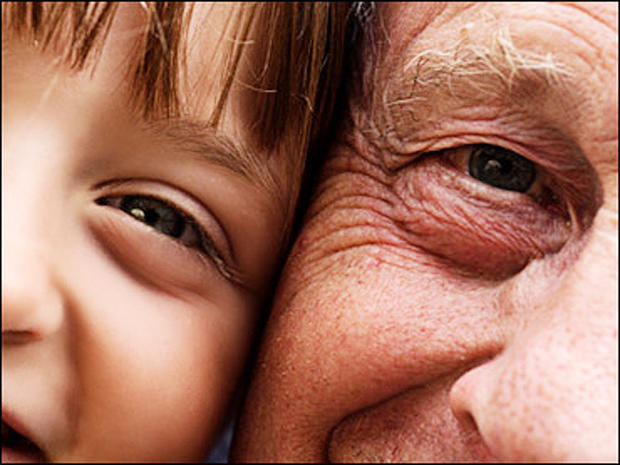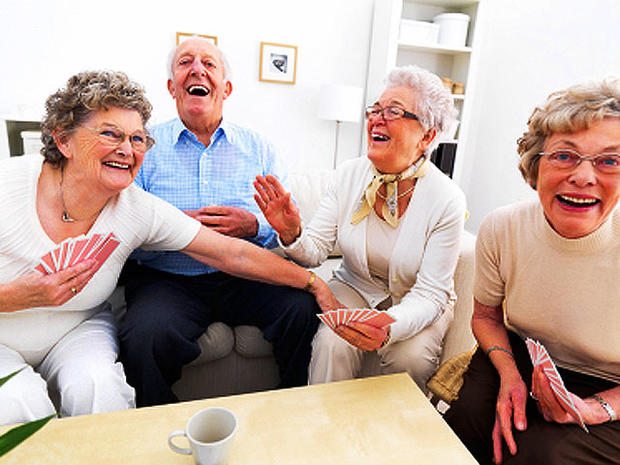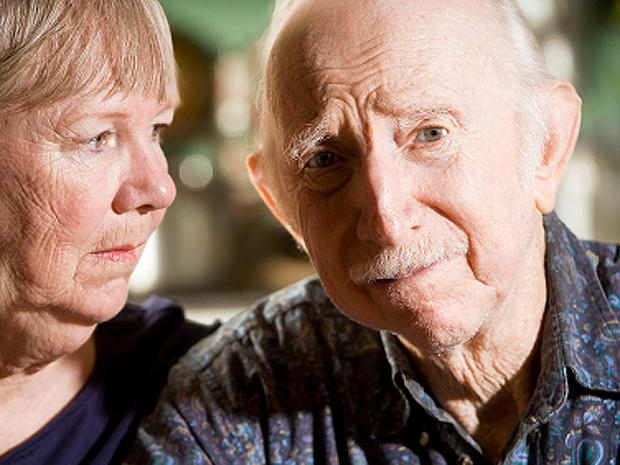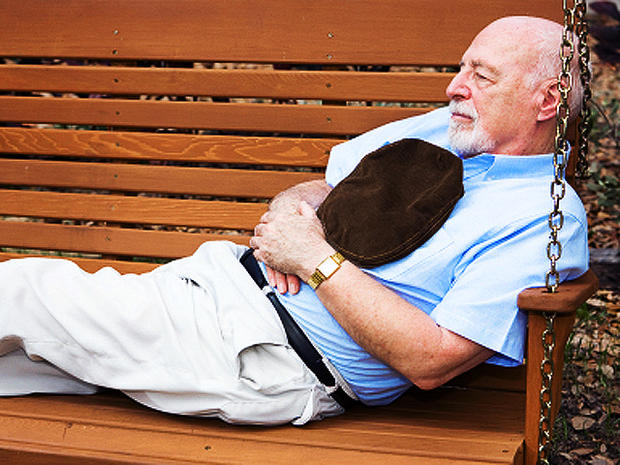9 big lies about longevity
From gobbling acai berries to getting injections of growth hormone, people try all sorts of things to live a long, healthy life. But what really promotes a long life? Having tracked 1,500 people for more than eight decades, Dr. Howard S. Friedman, professor of psychology at the University of California at Riverside and co-author of The Longevity Project, has a pretty good idea. Keep clicking as he explodes nine popular myths about longevity...
Myth: Longevity is all about luck
Luck helps. But personality traits and social connections seem to be more important. "Health risks are not totally random, and protective shields do not occur in isolation - in other words, many individuals made their own luck," Dr. Friedman says.
Myth: Love is what counts
The romantic in all of us would like to think that the love of others sustains us physiologically as well as emotionally. But Dr. Friedman found that feeling cared for isn't crucial to longevity. What does seem to promote a long life, he says, is simple involvement with others - friends, family, or co-workers. Volunteering also seems to promote longevity.
Myth: Women are biologically programmed to outlive men
Myth: Married people live longer
Marriage seems to help men live longer, but not women. In fact, single women tend to live longer than married women, Dr. Friedman found, as did women who take action and leave unsatisfying marriages.
And men? Guys who are happily married enjoy longer lifespans, but divorce can put men in a downward spiral. Dr. Friedman jokes that men should be careful when picking a wife, saying "One hundred percent of divorces begin with marriage."
Myth: Hard work will send you to an early grave
Think too much time at the office will limit your time on earth? It turns out that highly motivated, successful, career-oriented types tend to live longer than folks with layabout tendencies. Of the long-lived hard workers, Dr. Friedman says, "They didn't work themselves to death. They worked themselves to life."
Myth: Positive thinkers live longer
Myth: Only vigorous exercise promotes longevity
Myth: Worriers die young
Good news, worrywarts. A bit of worrying seems to prompt us to take better care of ourselves. Even being a bit neurotic is associated with greater longevity, according to Dr. Friedman's research.
Serious worriers also fare better when faced with life's challenges. Dr. Friedman showed, for example, that the death rate among worrywort widowers was 50 percent lower than that of widowers who were more copacetic.
Myth: Early retirement means late death
Don't dust off the golf clubs yet. Productive people live longer than their laid-back counterparts, the research showed. Giving up an interesting job actually seems to increase the risks to health and shorten lifespan - especially when retirees move away from lifelong friends.









